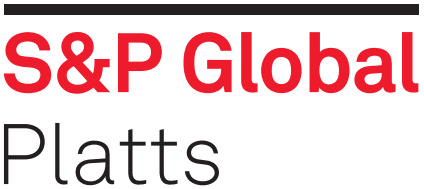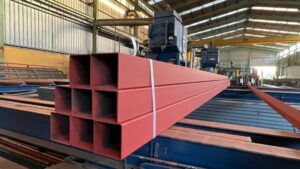Some European steelmakers are preparing to petition the European Commission for an anti-dumping investigation into Russian rebar imports, sources told S&P Global Platts Wednesday.
Eurofer did not comment on the supposed petition, and nor did one of the supposed complainants.
Russian exports into the European Union have risen from 43,957/mt in 2015 to 304,093 mt in the first 11 months of last year; this means Russia is now the second largest shipper into the EU after Turkey, which sold 383,291 mt over January-November 2017.
A lawyer with knowledge of previous rebar dumping cases said the petition was “very likely,” and that the reported complainants in this case where the same as those who brought about the Belarus investigation; currently Belarus and China are dumped by the EC, though the latter’s volume was primarily headed into the UK and Ireland.
He also said several mills had suggested Russia could be the next case due to its building capacity. Several Russian steelmakers have gained certification for the European market in recent years, given their increasingly saturated home market.
Russian bar seeking new destinations
Severstal comprised 70% of Russian rebar shipments into the EU in 2015, and it has been actively scouting for new markets in the last two years. Severstal secured Germany’s DIN 488 certificate for its Cherepovets works small and medium diameter rebar in 2015. NLMK Kaluga obtained the same certification for its 10-25 mm rebar, opening up Germany and some Eastern European and Baltic States. Evraz’s Zapsib later earned the same certification. In Q1 2016 Severstal secured certification for Denmark and Sweden, while in Q3 NLMK Kaluga got license to sell into Poland, Finland, Denmark, Sweden and Norway.
Severstal also got Latvian certification, while Mechel’s Chelyabinsk works last year secured licenses for Austria, where it intends to ship up to 3,000 mt/month. In Q3 last year Zapsib got Polish and Dutch certification, after also getting Cares approval for the UK and some Middle East markets.
Russian rebar mills were running at just 70% of capacity in 2017 amid surplus production, a primary factor in their search for new markets — capacity will increase further this year with the commissioning of Tula Steel, a 1.5 million mt/year steelmaking bar/rebar rolling plant.
Erica Sesay and Katya Bouckley, SBB Daily Briefing, S&P Global Platts





